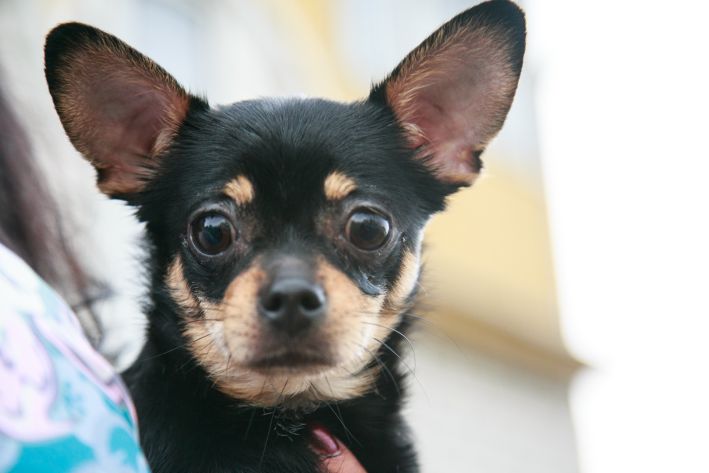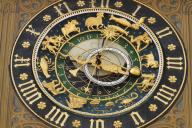Dogs sleep is an integral part of their lives. Sometimes we notice that our pets twitch a lot during sleep.
What could be the reason for such behavior? Let's look at six main factors identified by experts.
Development and growth
If your pet is still young and in the stage of active growth, its body needs more physical activity.
Twitching during sleep may be associated with this process.
Anxiety disorder
If your dog is scared or stressed, he may have a bad dream involving being chased or in danger. This can cause twitching during sleep.

External stimuli
Loud music, fireworks, thunderstorms, or the presence of strangers in the house can cause your dog to twitch in his sleep.
External stimuli can trigger reactions during dreams.
Health problems
Twitching during sleep can be caused by various medical conditions, such as epilepsy, diabetes or arthritis.
If you notice that your dog is frequently twitching while sleeping, it is recommended that you consult a veterinarian for diagnosis and treatment.
Muscle stiffness
If your dog doesn't get enough exercise or is restricted in his movement, this can lead to a pattern of muscle contractions during sleep.
Regular walking and physical activity throughout the day can help relieve this tension.
The Importance of Daytime Activity for Dogs
An active daytime routine that includes walks, games, and exercise helps your dog burn off excess energy and fatigue, which can have a positive effect on his sleep.
Regular physical activity helps relieve tension and prevents twitching during sleep.
Sleeping is normal in dogs, and twitching during sleep can have a variety of causes.
If you are concerned about your dog's sleeping behavior, it is recommended that you consult your veterinarian for a more detailed consultation and assessment of your pet's condition.
Earlier we told you how to make friends with a hamster .








